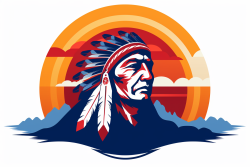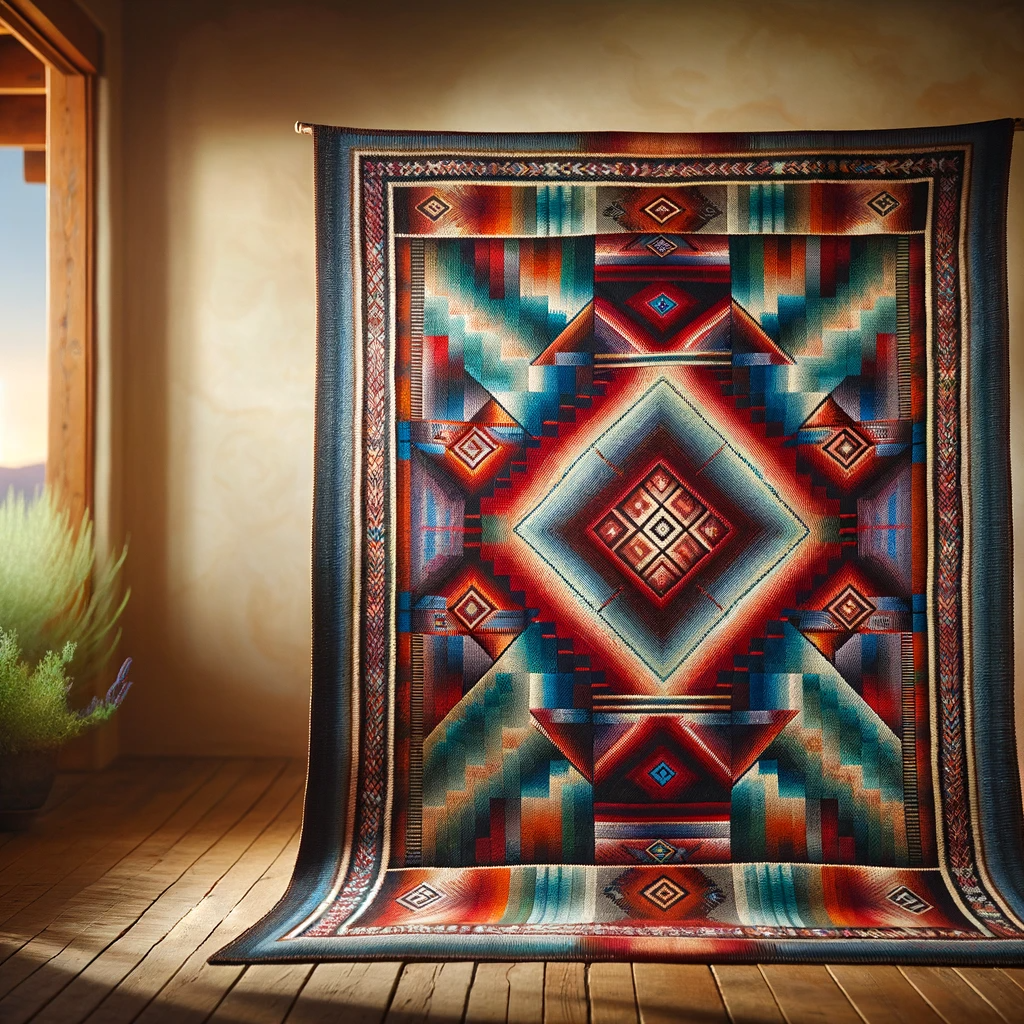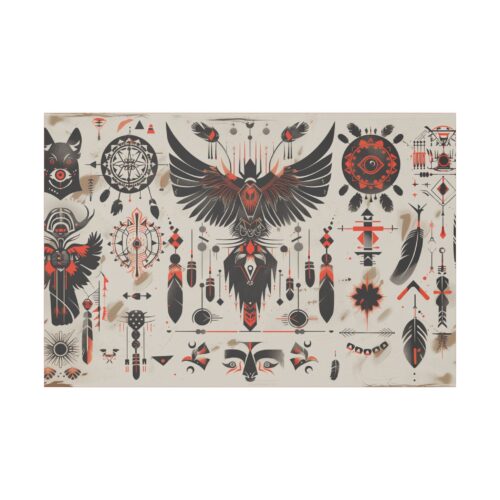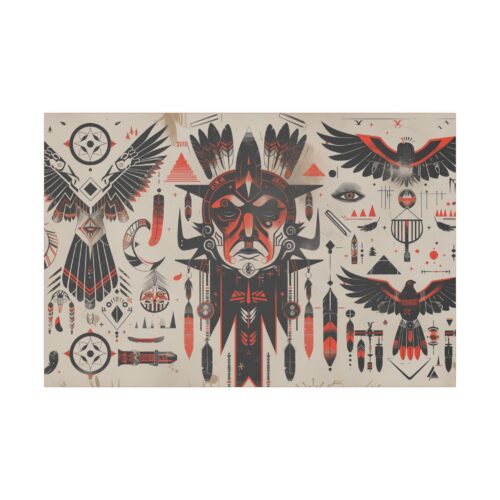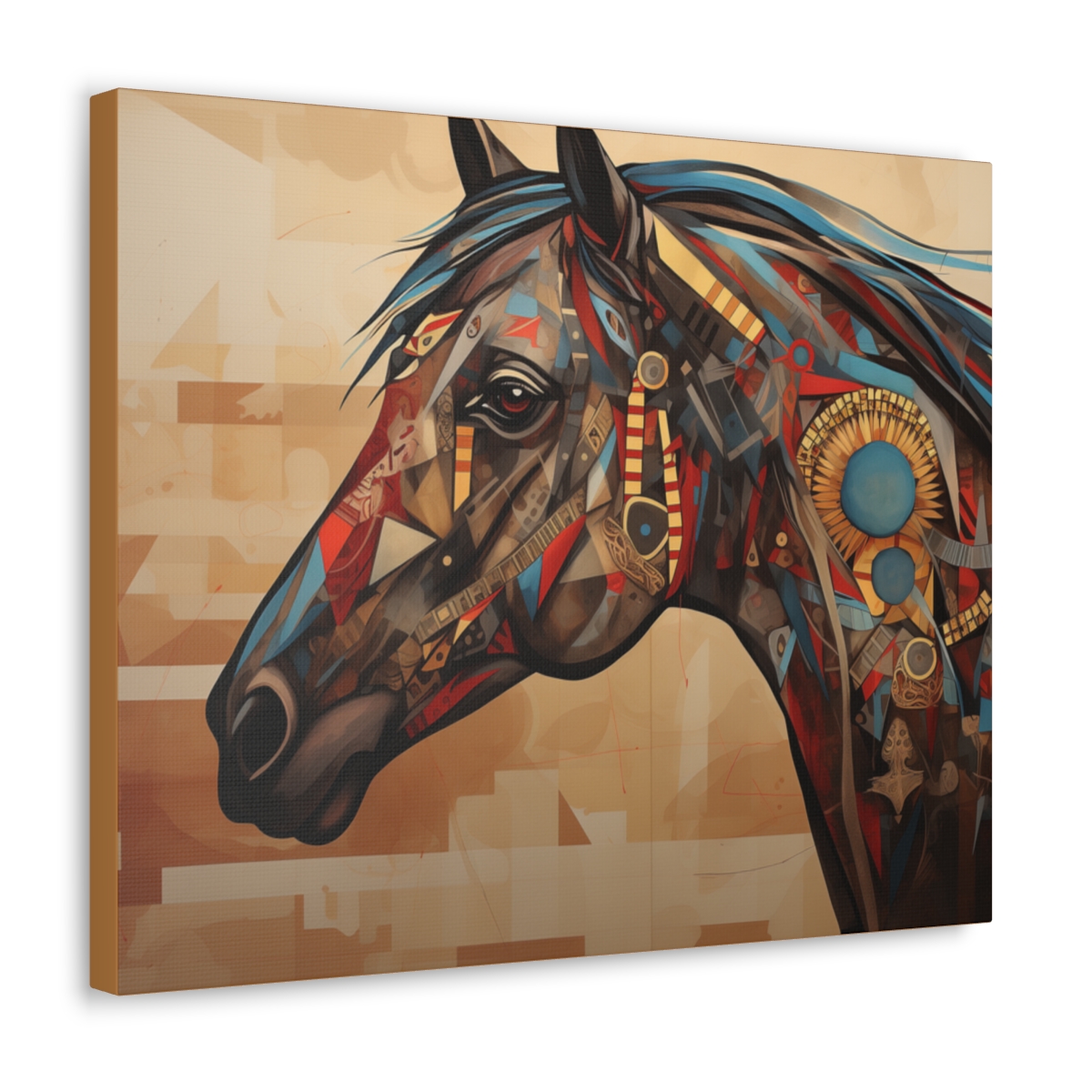
In the rich tapestry of Native American culture, the horse is a creature that carries not just riders, but a wealth of symbolic meaning and significance. The introduction of horses to Native American tribes revolutionized their way of life, but the impact went far beyond transportation and hunting efficiency. For many tribes, horses became powerful spiritual symbols, interwoven with their beliefs, traditions, and very identity.
The Horse: A Symbol of Freedom and Power
The horse, known as ‘sunka wakan’ in Lakota, which translates to ‘sacred dog,’ quickly became synonymous with freedom. It represented the ability to travel vast distances swiftly and changed the landscape of Native American autonomy. Tribes such as the Comanche, Sioux, Cheyenne, and Crow became renowned horsemen, their lives and culture inextricably linked to the equestrian skills that the horses enabled.
A Companion in War and Peace
In times of conflict, the horse was more than a mount; it was a comrade in arms. Native Americans trained their horses for battle, and the bond between a warrior and his horse was profound. Horses adorned for war carried intricate paint and feathers, each pattern and color imbued with protective powers and prayers for courage and strength.
A Measure of Wealth and Prestige
Owning a horse, or better yet, many horses, became a mark of wealth and status within the tribe. Horses were a means of trade and a symbol of generosity, often given as gifts to honor guests or to forge alliances. The number of horses a person had could elevate their standing within the tribe, signifying not only material wealth but also their prowess and respect within the community.
The Horse in Mythology and Spirituality
Beyond the tangible benefits, horses also galloped through the realm of the spiritual. They featured prominently in Native American myths and legends, often associated with sun deities or thunder gods, embodying the raw energy of nature. Some tribes believed horses were a link between the physical and spiritual worlds, and as such, they were revered as sacred beings.
Dreams or visions of horses were especially auspicious, with different colors of horses carrying various meanings. A black horse might symbolize mystery or death, while a white horse could denote light, sun, and power.
Modern Legacy
Today, horses remain a potent symbol of Native American heritage. Powwows and other cultural gatherings often feature horse parades, showcasing the magnificent animals and their riders in regalia that tells stories of tribal identity and history.
In art, the horse is frequently depicted in a style that echoes the spiritual and historical importance it holds. Paintings and sculptures capture the dynamism and sacred nature of the horse, often using traditional patterns and symbols that have been passed down through generations.
STAY IN THE LOOP
